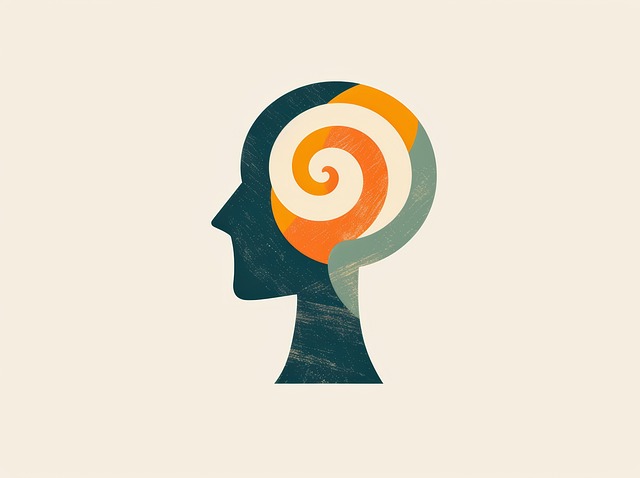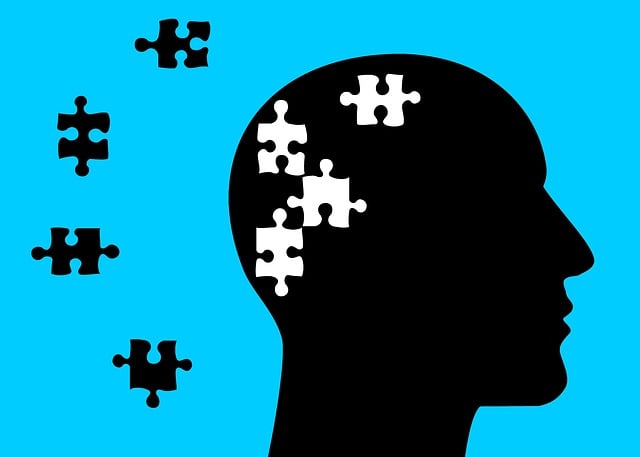Mental wellness self-assessment tools, empowered by Superior Acceptance and Commitment Therapy (ACT), are vital for navigating today's stressful world. These assessments provide insights into emotional well-being through objective evaluations of coping skills. By guiding individuals towards accepting emotions, identifying personal values, and taking aligned actions, ACT promotes psychological flexibility and reduces mental illness stigma. Self-assessment tools integrating mindfulness, value clarification, and cognitive defusion enhance trauma support, depression prevention, and public awareness campaigns. Rigorously testing and refining these tools ensures their effectiveness, enabling implementation in therapy, employee programs, or personal use while maintaining ACT principles based on user feedback.
Mental wellness self-assessment tools have become essential in promoting individual well-being. This article explores the development of such tools, highlighting the significance of Understanding Mental Wellness Self-Assessment and its benefits. We delve into Superior Acceptance and Commitment Therapy (ACT) as a foundational framework, offering insights into its core principles: mindfulness, psychological flexibility, and value clarification. Through practical steps, learn how to design, test, and refine effective self-assessment tools tailored to ACT, empowering individuals on their journey towards mental wellness.
- Understanding Mental Wellness Self-Assessment: The Need and Benefits
- An Overview of Acceptance and Commitment Therapy (ACT)
- Designing Effective Self-Assessment Tools for ACT Principles
- Incorporating Mindfulness, Psychological Flexibility, and Value Clarification
- Testing, Refining, and Implementing Your Mental Wellness Self-Assessment
Understanding Mental Wellness Self-Assessment: The Need and Benefits

Mental wellness self-assessment tools play a pivotal role in empowering individuals to take charge of their emotional well-being. In today’s fast-paced world, where stress and mental health issues are on the rise, these assessments offer a convenient and accessible way for people to gain insights into their mental state. By providing an objective evaluation of one’s coping skills development, self-assessment tools can help identify areas that require improvement and guide individuals toward adopting healthier habits.
The benefits extend beyond individual growth; these tools contribute significantly to broader mental illness stigma reduction efforts. They promote emotional well-being promotion techniques by encouraging self-reflection and fostering a sense of agency in managing one’s mental health. Furthermore, they can serve as valuable resources for professionals, providing them with initial data points to tailor interventions using evidence-based practices like Superior Acceptance and Commitment Therapy (ACT).
An Overview of Acceptance and Commitment Therapy (ACT)

Acceptance and Commitment Therapy (ACT) is a powerful psychological treatment approach that focuses on helping individuals accept their internal experiences while committing to actions aligned with personal values. This therapy emphasizes the importance of mindfulness, self-acceptance, and defusing from unhelpful thought patterns. By fostering a flexible mind, ACT empowers people to navigate life’s challenges without letting them dictate their overall well-being.
ACT involves several key components, including cognitive defusion techniques, acceptance, awareness, and value-based action. Through structured exercises and practices, individuals learn to observe their thoughts as mental events rather than treating them as absolute truths. This process enables a more balanced emotional state, allowing for better stress management. Organizations offering Stress Management Workshops can integrate ACT principles to enhance programs, teaching participants valuable conflict resolution techniques and fostering resilience in the face of life’s uncertainties.
Designing Effective Self-Assessment Tools for ACT Principles

Developing self-assessment tools that align with Acceptance and Commitment Therapy (ACT) principles can significantly enhance mental wellness interventions. ACT encourages individuals to accept their emotions, identify values that guide behavior, and take aligned actions towards meaningful goals. Incorporating this framework into self-assessment requires careful design to ensure the tools accurately capture these nuances. One effective approach is integrating questions that prompt users to explore their thoughts and feelings without judgment, fostering a non-reactive mindset—a cornerstone of ACT.
For instance, including scenarios that encourage reflection on emotional responses and subsequent actions can help individuals recognize patterns that hinder their well-being. Additionally, integrating items assessing values clarification and commitment to desired behaviors, as per ACT, can provide valuable insights into an individual’s mental wellness trajectory. This method not only aids in personal growth but also serves as a powerful resource for healthcare providers, especially when coupled with Emotional Intelligence and cultural competency training. It further facilitates comprehensive risk assessments for mental health professionals, ensuring they can offer tailored support and interventions.
Incorporating Mindfulness, Psychological Flexibility, and Value Clarification

Incorporating mindfulness, psychological flexibility, and value clarification is pivotal when developing mental wellness self-assessment tools based on Acceptance and Commitment Therapy (ACT) principles. Mindfulness practices enable individuals to focus on the present moment, reducing rumination and anxiety associated with past or future events. By fostering a non-judgmental awareness of thoughts and emotions, mindfulness promotes psychological flexibility—the ability to adapt and adjust in response to internal and external demands. This adaptability is crucial for managing stress and overcoming challenges without resorting to avoidance or suppression strategies.
Value clarification, another key component, involves identifying and understanding personal values that guide behavior and decision-making. Aligning actions with deeply held values fosters a sense of purpose and meaning, enhancing motivation and well-being. In the context of ACT, value clarification helps individuals recognize and commit to behaviors that support their desired life direction, even in the face of difficult emotions or setbacks. Integrating these elements into self-assessment tools can significantly contribute to effective trauma support services, depression prevention strategies, and public awareness campaigns development by empowering individuals to take charge of their mental wellness.
Testing, Refining, and Implementing Your Mental Wellness Self-Assessment

After developing your mental wellness self-assessment tool, it’s crucial to rigorously test its effectiveness and validity. This involves administering the tool to a diverse range of individuals and collecting feedback on their experiences. By gauging user responses, you can identify any areas that need clarification or improvement, ensuring your assessment accurately measures mental wellness constructs like self-esteem improvement and mind over matter principles.
During the testing phase, continually refine your tool based on the insights gathered. Iterate through revisions, incorporating feedback to enhance its sensitivity, specificity, and overall reliability. Once satisfied with the tool’s performance, implement it in various settings where mental wellness support is needed. This could involve integrating it into therapeutic practices, employee well-being programs, or even making it accessible online for personal use. Remember, ongoing evaluation remains vital; regularly assess user feedback to make necessary adjustments and ensure your self-assessment tool maintains its superior acceptance and commitment therapy underpinnings.
Mental wellness self-assessment tools are powerful resources that can empower individuals to take charge of their mental health. By incorporating principles from Superior Acceptance and Commitment Therapy (ACT), these tools offer a structured yet flexible framework for self-reflection and growth. Through mindful awareness, psychological flexibility, and value clarification, users can gain valuable insights into their thoughts, emotions, and behaviors. Rigorous testing, refinement, and implementation ensure that these assessments remain effective and accessible, enabling folks to navigate life’s challenges with resilience and well-being at the forefront.














